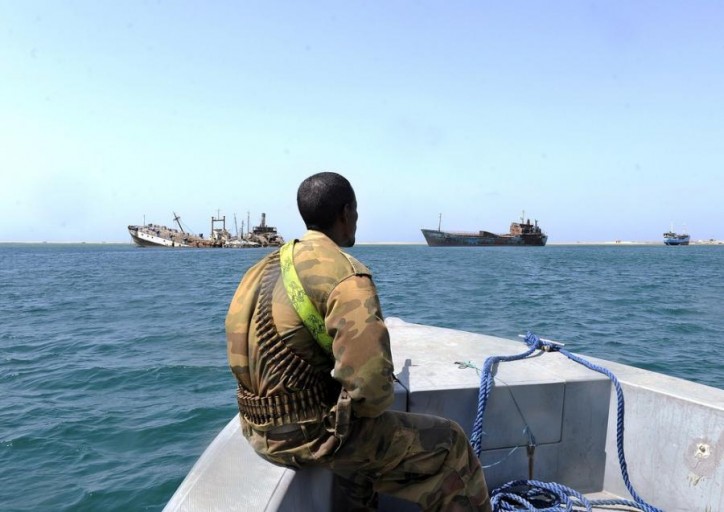- Six months since the HRA in the Indian Ocean was reduced
- Situation remains uncertain with multiple incidents already this year in the Gulf of Aden
- Shipping industry needs to be vigilant as Somalis retain capability and intent to hijack vessels
The security situation in the Western Indian Ocean may be at a tipping point, MAST, the international maritime security company, has said today, marking six months since the High Risk Area (HRA) was reduced (1 December 2015).
The culmination of the smaller HRA, merchant vessels (MVs) sailing closer to the Somali coast, a reduced naval presence and fewer security teams has resulted in pirate activity in recent months, with some MVs coming under fire in the Gulf of Aden. There is also evidence of reduced application of Best Management Practice (BMP) measures by vessels and shipping companies.

Furthermore, there is concern within the security sector that some incidents are not being reported, and those that are lack detail and therefore, make a limited contribution to ongoing efforts to tackle piracy.
EUNAVFOR and other bodies including the International Maritime Bureau continue to warn shipping companies that Somali piracy is supressed and not eradicated, and that those onboard need to remain vigilant.
Gerry Northwood, COO at MAST and former Royal Navy counter piracy commander, said:
"We know that the pirate networks in Somalia retain the ability and intent to hijack vessels. Vessels sailing without adequate security are therefore inadvertently increasing the opportunities for the Somalis to conduct a successful pirate attack.
"Additionally recent events suggest the Somali pirates are once again using the area around Al Mukallah as a forward operating base. In understanding the dynamics of criminality in the region, it is important to appreciate that Yemen and Somalia are closely related areas of instability and poor governance. They are in effect a single economy for piracy and other criminality in which the Gulf of Aden is as much an enabler as it is barrier between the two states.
"Regrettably, the governance of the coastal regions of Somalia, mainly Puntland and Galmudgud, have not changed significantly in the past three or four years. They remain politically autonomous and are ultimately permissive to kidnap and ransom activity. Yet despite the increasingly uncertain environment in both Somalia and Yemen, we are seeing shipping companies concluding that the situation in the Gulf of Aden is safe because there have been no successful attacks since 2012. Sadly it will take a hijacking to make some people realise this is not the case."
Source: MAST